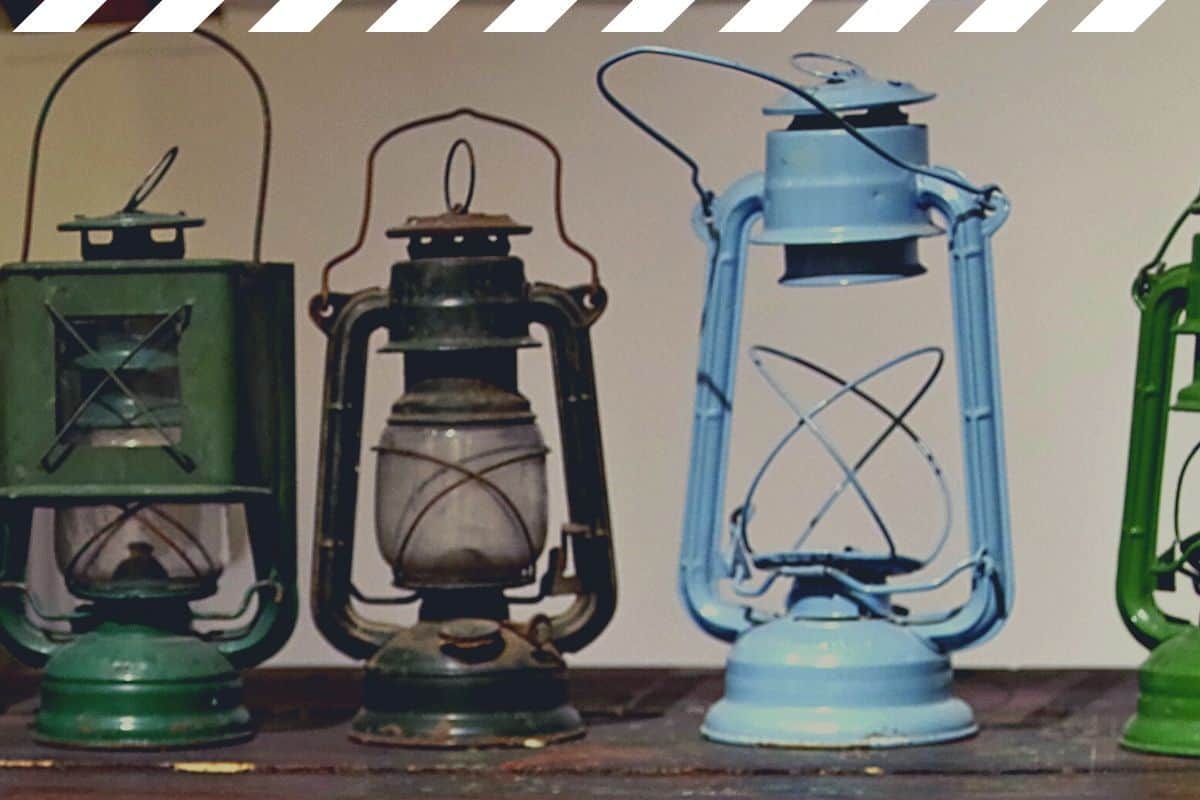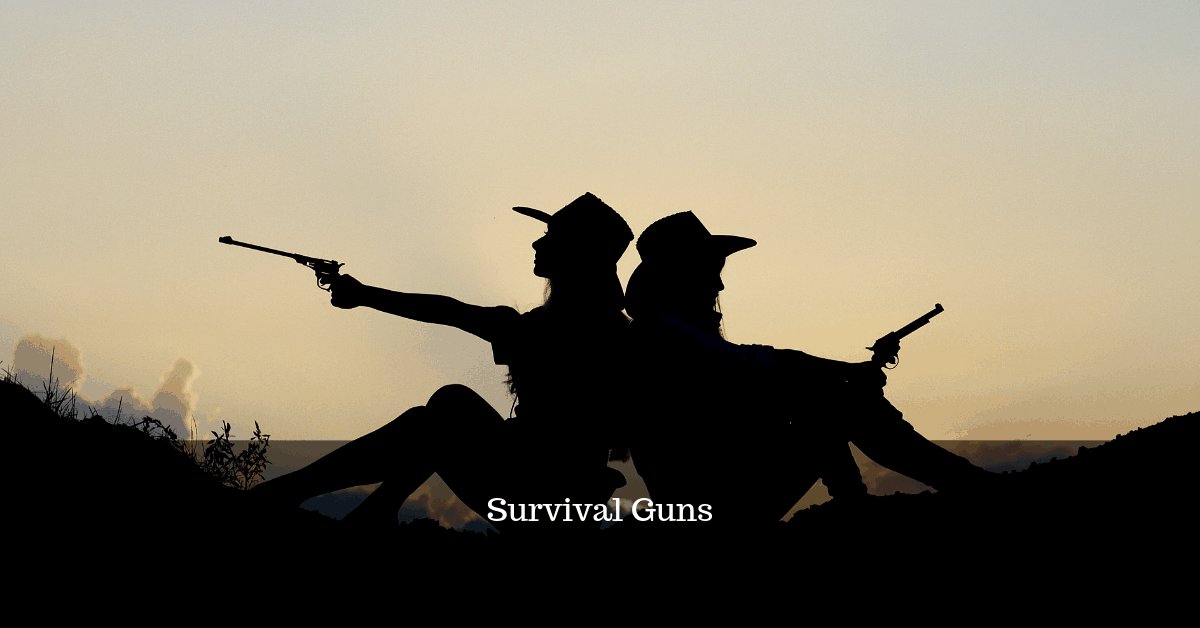Hiking season is almost here, people are expected t hit the trails in record numbers this year. If you are going to be among them, there are several things that you should be aware of before you begin your wilderness sojourn.
Following are 10 survival strategies that will serve you well in all of your outdoor adventures.
1. Bad Weather Blues
Don’t be afraid to reschedule if the weather suddenly turns sour at the last minute. Flash floods, lightening strikes, and forest fires can all be the result of summer storms. Even if none of these happen, hiking on steep muddy trails could cause you to slip and become injured.
2. Create an Advance Plan
Creating a plan and sticking to it will circumvent many wilderness mishaps. Let friends or family members know exactly where you are going and when to expect you back.
3. Keep Calm if You Get Lost
Panicking is the absolute worst thing that you can do if you become lost on the trail. If possible, stay put — further deviation from the trail could make it more difficult for searchers to find you.
Staying put, setting up camp, and lighting signal flares is the best thing that you should do if you find that you have strayed off course.
4. Treat Wildlife With Respect
One of the reasons why wildlife encounters are relatively rare is because most wild animals actively steer clear of human beings.
Carrying bear spray is always a good idea when hiking in bear country, but your best defense against a bear attack is your brain. Bears don’t like noise, so signing as you hike or listening to music is a great way to warn them of your approach.
Recommended: How To Store Water for Long Term Emergencies
5. Handling a Bear Encounter
If you should happen to come across a bear while out hiking, stop and stand very still. Running away will cause the bear to view you as prey, so resist the urge to run as fast as you can in the opposite direction.
Spread your arms out to give yourself the appearance of being larger, and speaking slowly and calmly, begin to back away. If the bear charges you, use the bear spray as directed on the can.
6. Carry First Aid Basics
Tucking a basic first aid kit into your backpack will equip you to deal will most minor trail mishaps. Don’t forget to bring Benadryl in case of bug bites.
If you or other members of the hiking party are taking prescription medication, it is wise to pack a bit extra in the event that you get lost, particularly if missing regular doses could cause significant problems.
7. Navigational Aids
A good GPS unit can mean the difference between becoming hopelessly lost and staying on track. However, don’t let the fact that you’ve got a GPS lull you into a false sense of security. GPS units are far from foolproof, and they often don’t work at all in remote regions.
8. Elementary Basics
Bring a pocket knife, a good set of flares, waterproof matches, and plenty of food and water. Freeze-dried food is a light and convenient option.
A water filtration system is also advisable. Even if you’ve got plenty of drinking water, you’ll need the filtration system in the event that you get lost.
9. Layered Clothing
Many novice hikers don’t realize how much the weather can change in wilderness environments during the course of an average day. If you’ll be in the mountains, the chances are good that you’ll encounter chilly mornings, warm and even hot midday temperatures, and cool evenings.
Layered clothing will enable you to be prepared for any weather condition. Be sure to include a waterproof jacket.
10. Pick Your Hike Wisely
Even the most seasoned hikers can get lost in rugged, remote country. You can still enjoy the wilderness and stick to well-traveled, established trails.
This is particularly true if you or anyone else in your party is a novice hiker. Remember, the purpose of hiking is to experience nature’s beauty — don’t treat it like a competition or a test of your wilderness skills.







